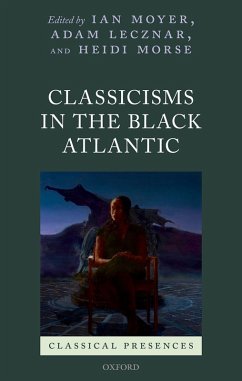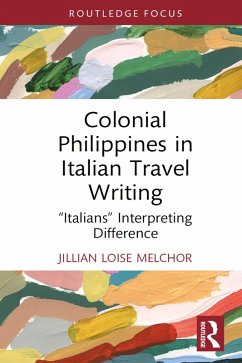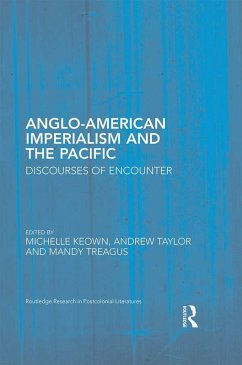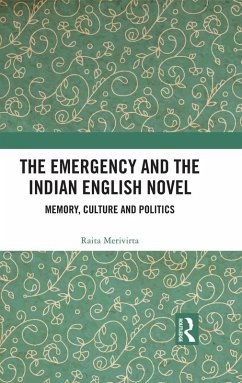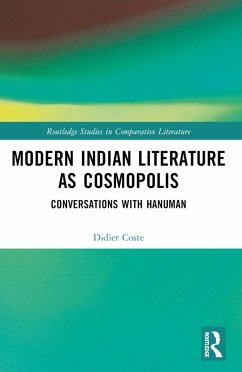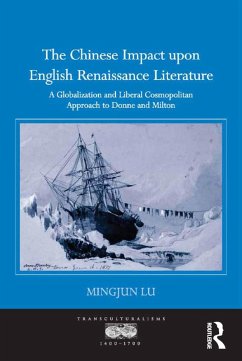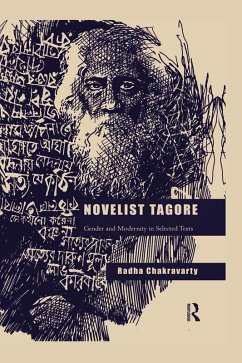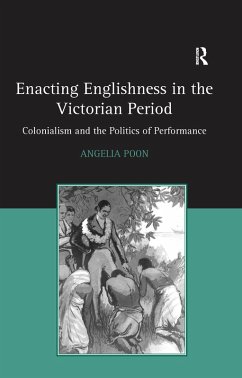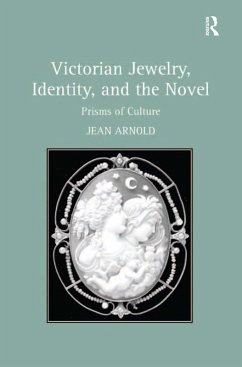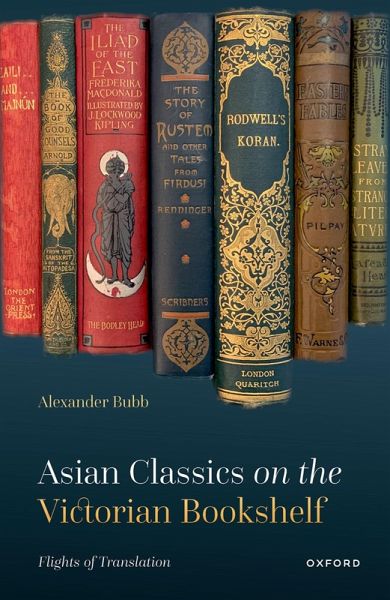
Asian Classics on the Victorian Bookshelf (eBook, ePUB)
Flights of Translation
Versandkostenfrei!
Sofort per Download lieferbar
52,95 €
inkl. MwSt.
Weitere Ausgaben:

PAYBACK Punkte
26 °P sammeln!
The interest among Victorian readers in classical literature from Asia has been greatly underestimated. The popularity of the Arabian Nights and The Rubaiyat of Omar Khayyam is well documented. Yet this was also an era in which freethinkers consulted the Quran, in which schoolchildren were given abridgements of the Ramayana to read, in which names like 'Kalidasa' and 'Firdusi' were carved on the façades of public libraries, and in which women's book clubs discussed Japanese poetry. But for the most part, such readers were not consulting the specialist publications of scholarly orientalists. W...
The interest among Victorian readers in classical literature from Asia has been greatly underestimated. The popularity of the Arabian Nights and The Rubaiyat of Omar Khayyam is well documented. Yet this was also an era in which freethinkers consulted the Quran, in which schoolchildren were given abridgements of the Ramayana to read, in which names like 'Kalidasa' and 'Firdusi' were carved on the façades of public libraries, and in which women's book clubs discussed Japanese poetry. But for the most part, such readers were not consulting the specialist publications of scholarly orientalists. What then were the translations that catalysed these intercultural encounters? Based on a unique methodology marrying translation theory with empirical techniques developed by historians of reading, this book shines light for the first time on the numerous amateur translators or 'popularizers', who were responsible for making these texts accessible and disseminating them to the Victorian general readership. Asian Classics on the Victorian Bookshelf explains the process whereby popular translations were written, published, distributed to bookshops and libraries, and ultimately consumed by readers. It uses the working papers and correspondence of popularizers to demonstrate their techniques and motivations, while the responses of contemporary readers are traced through the pencil marginalia they left behind in dozens of original copies. In spite of their typically limited knowledge of source-languages, Asian Classics argues that popularizers produced versions more respectful of the complexity, cultural difference, and fundamental untranslatability of Asian texts than the professional orientalists whose work they were often adapting. The responses of their readers, likewise, frequently deviated from interpretive norms, and it is proposed that this combination of eccentric translators and unorthodox readers triggered 'flights of translation', whereby historical individuals can be seen to escape the hegemony of orientalist forms of knowledge.
Dieser Download kann aus rechtlichen Gründen nur mit Rechnungsadresse in A, B, BG, CY, CZ, D, DK, EW, E, FIN, F, GR, HR, H, IRL, I, LT, L, LR, M, NL, PL, P, R, S, SLO, SK ausgeliefert werden.




